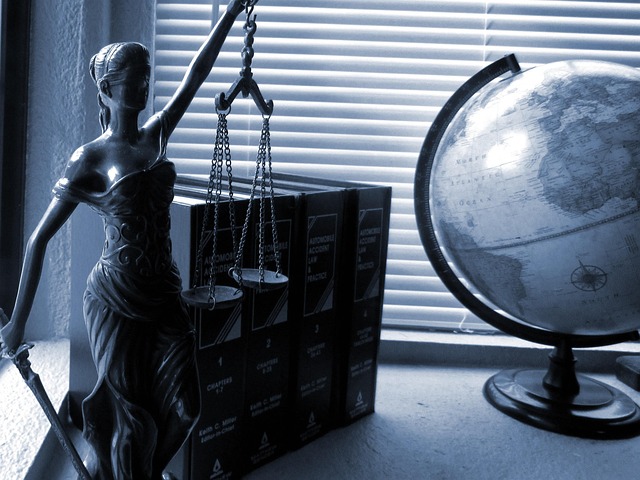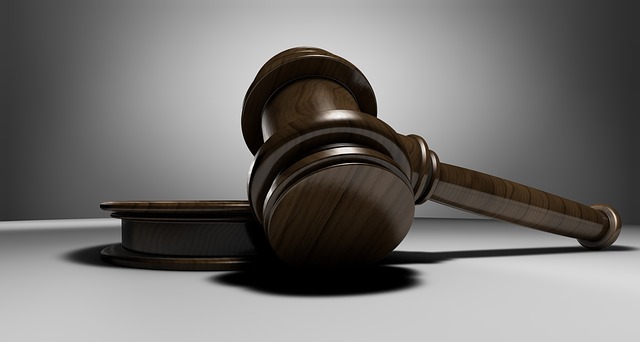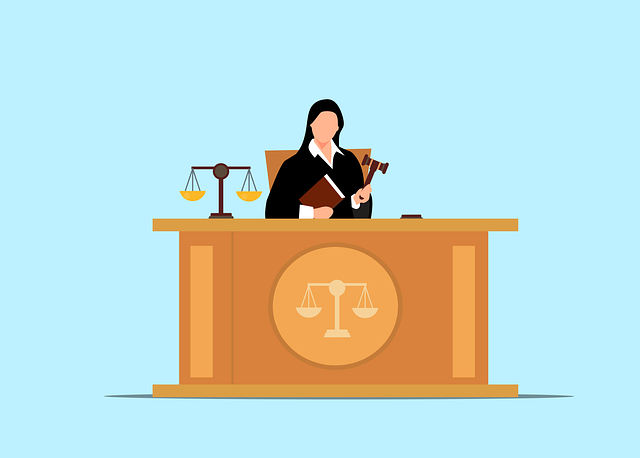Expert testimony is essential in medical malpractice claims, providing unbiased professional opinions that simplify complex medical issues and connect caregiver actions to patient harm. These experts help juries understand industry standards, treatment protocols, and potential outcomes, influencing case outcomes, legal strategies, and even regulatory changes. In commercial disputes involving healthcare contracts or insurance claims, expert insights ensure fairness and accuracy, with their communication style and use of visual aids playing a crucial role in building compelling cases.
Expert testimony plays a pivotal role in medical malpractice cases, offering crucial insights and evidence to determine liability. In these complex claims, understanding the intricacies of expert opinions is essential for both plaintiffs and defendants. This article delves into the significance of expert testimony, exploring how it helps prove negligence, the strategies involved in presenting it effectively in court, and its impact on the outcome of medical malpractice cases.
- Understanding Expert Testimony in Medical Malpractice Claims
- The Role of Experts in Proving Negligence
- Strategies for Effective Expert Testimony in Court
Understanding Expert Testimony in Medical Malpractice Claims

In medical malpractice claims, expert testimony plays a pivotal role. This type of testimony is crucial as it provides an unbiased, professional opinion on whether a healthcare provider deviated from the accepted standard of care and caused harm to a patient. Expert witnesses, often specialists in relevant medical fields, offer insights that are beyond the understanding of average jurors. Their evaluations help establish a clear link between the caregiver’s actions (or inactions) and the resulting injuries, making complex medical issues comprehensible.
Understanding expert testimony is essential for navigating commercial disputes arising from medical negligence or caregiver negligence. It helps ensure fairness in the legal process by allowing both sides to present their cases with supporting evidence from qualified professionals. This testimony can significantly influence the outcome of a case, as it aids judges and juries in understanding intricate medical concepts and making informed decisions.
The Role of Experts in Proving Negligence

In medical malpractice claims, expert testimony plays a pivotal role in proving negligence. Medical experts with specialized knowledge and experience are essential to elucidate complex medical concepts for juries or judges who may not possess such expertise. These professionals can help demonstrate that the standard of care was breached, offering insights into what constitutes acceptable practice within a particular medical field. By providing detailed explanations about industry standards, treatment protocols, and potential outcomes, experts bridge the gap between technical jargon and understandable evidence, thereby strengthening the case for compensation in accident settlements.
Moreover, expert testimony is crucial not only for individual medical malpractice cases but also for setting precedents in similar disputes. Their opinions can shape legal strategies, influence verdicts, and even impact regulatory changes. In commercial disputes involving healthcare contracts or insurance claims, experts serve as neutral evaluators, ensuring fairness and accuracy. The insights they provide help resolve complex issues, facilitating resolutions that might otherwise extend to lengthy and costly litigation, akin to the strategies employed by an auto accident lawyer in high-stakes cases.
Strategies for Effective Expert Testimony in Court

In medical malpractice cases, effective expert testimony can be a game-changer. Experts like doctors and researchers play a crucial role in deciphering complex medical scenarios that often lie at the heart of such lawsuits. To make an impact in court, these experts must employ strategic communication techniques. Firstly, they should simplify intricate medical jargon to ensure the jury understands the evidence presented. This involves using plain language and analogies to explain complex procedures or diagnoses.
Moreover, organizing their testimony around key aspects of the case can enhance clarity. Focusing on specific discrepancies between accepted standards of care and the patient’s treatment can help a truck accident lawyer or car accident attorney illustrate negligence. Visual aids, such as diagrams or charts, can also be powerful tools to support their arguments. By presenting evidence in a structured manner, experts facilitate better comprehension for the jury, which is vital for building a compelling case, especially when dealing with medical malpractice claims.
Expert testimony plays a pivotal role in strengthening medical malpractice claims, ensuring justice is served. By providing detailed insights and scientific backing, experts help courts understand complex medical issues and determine liability. Effective strategies for presenting this testimony can significantly impact the outcome of cases, making it essential for legal professionals to grasp these nuances. Understanding and leveraging expert testimony is crucial in navigating medical malpractice claims and achieving favorable results.






